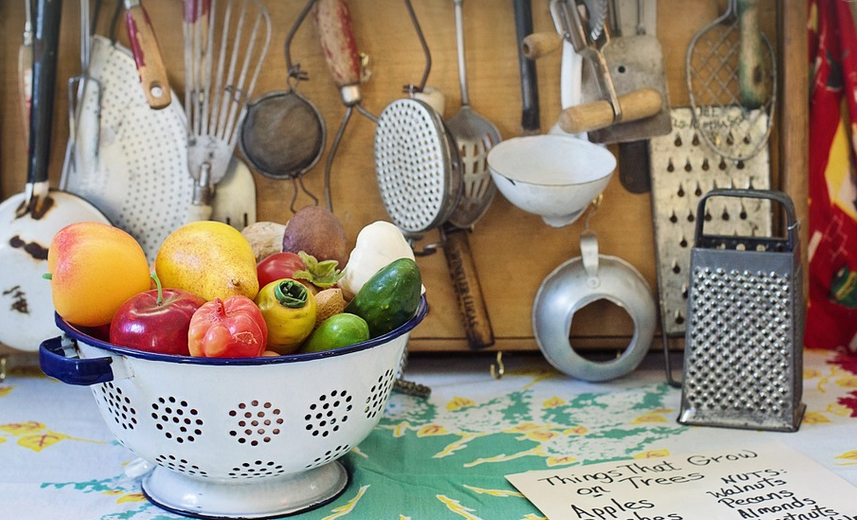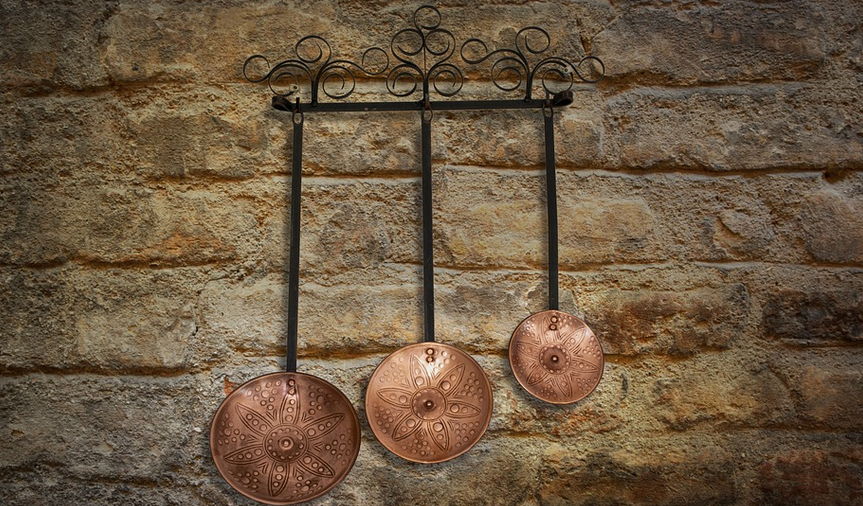Dish Brush Vs Sponge: Which Is Better For Cleaning?

The Great Kitchen Clean-Up Showdown
Cleaning up after a meal is an essential part of everyday life, and whether you’re meticulously prepping a gourmet dish or simply dealing with the aftermath of dinner, the process can be pretty daunting. And while most people rely on their trusty sponges to tackle the grease and grime, there’s another contender in the kitchen: the humble dish brush. Now, before you start picturing two-toned rubber bristles and an intimidating plastic handle, let’s dive into a detailed exploration of these cleaning titans to see which reigns supreme in the realm of kitchen hygiene.
Sponges are the classic go-to for most kitchens. They’re inexpensive, readily available, and offer a certain level of softness that makes them suitable for daily tasks like washing bowls and scrubbing plates. They readily absorb water and create lather with soap and dishwashing detergent, which is crucial for breaking down food residue and grease.
The downside to sponges? They’re not exactly the most efficient when it comes to stubborn messes. Sponges tend to become saturated with liquid, leading them to harbor bacteria and mold. Bacteria can thrive in the moist environment of a sponge, which is why many health experts recommend replacing your sponge after every few days.
The dish brush, on the other hand, stands apart from its sponge counterpart as an absolute cleaning champion. It’s designed with stiff bristles made for scrubbing away tough stains and grime. These sturdy bristles can reach into crevices that a sponge would find impossible to access, making them perfect for tackling stubborn food splatters and baked-on sauce.
In addition to its superior scrubbing ability, the dish brush boasts another secret weapon: its design allows for easy rinsing and drying, unlike sponges which tend to retain moisture, leading to unpleasant odors and mold growth. The absence of a sponge’s porous nature also makes it far less likely to harbor bacteria.
But there’s a catch—or maybe even two. While the dish brush excels in tackling grime and stains, the stiffness can be a double-edged sword. For delicate dishes or items requiring gentle cleaning, the harsh bristles might leave behind scratches or abrasions, especially on older cookware. The strong bristles of the brush can potentially damage certain surfaces that sponges would not as easily impact.
To truly evaluate the dish brush’s effectiveness in comparison to a traditional sponge, we need to delve into specific scenarios and explore their advantages and drawbacks. This is where the magic of “cleaning hacks” comes in—a testament to the power of creativity and resourcefulness.
For instance, when it comes to cleaning delicate surfaces like serving platters or plates with intricate carvings, a dish brush can cause unwanted damage due to its stiff bristles. A sponge might prove more suitable as it’s less likely to create scratches on these delicate items.
Another scenario where the dish brush’s versatility shines is in cleaning tough-to-reach areas like the corners and sides of pots, pans, and even your fridge. The stiffness of the bristles allows them to penetrate crevices that a sponge would find impossible to reach. This also applies to removing stubborn stains from your countertops or stovetop due to their sturdy construction.
On the other hand, sponges shine in applications where gentle cleaning is required, such as washing fruits and vegetables. Their softness ensures that they don’t scratch or damage delicate surfaces like the skin of a fruit. This makes them ideal for general kitchen hygiene tasks like rinsing produce before use, removing food debris from your countertops, and even cleaning small appliances.
The answer to which tool reigns supreme depends entirely on your specific needs and preferences. If you’re tackling tough messes and need a scrubbing powerhouse, the dish brush is your ultimate sidekick. However, for delicate items or those requiring gentle cleaning techniques, sponges offer an excellent alternative.
So, whether you’re a seasoned culinary knight or a weekend cooking enthusiast, these tools can be your allies in keeping your kitchen clean and gleaming.


